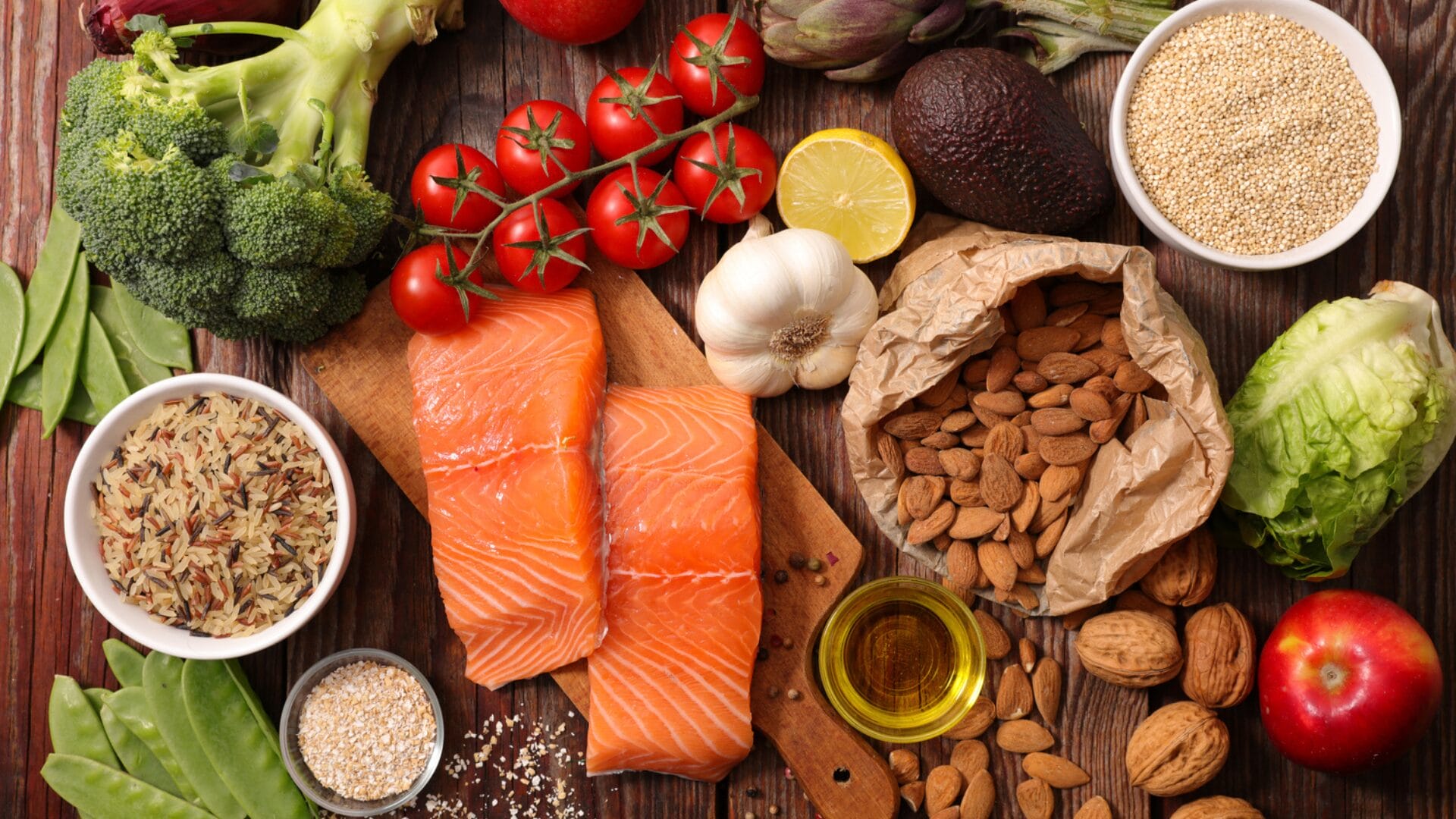Water is essential for the body. It plays many important roles in a wide variety of physiological processes including, maintaining blood and cell fluid volumes, as a solute for chemical reaction of cells and maintaining body temperature.
During exercise, our body has to work harder to regulate its temperature. It achieves this through sweating.
Exercise at intensity and/or in hot temperatures induces a high sweat rate and we may not be able to consume fluid at a rate which replenishes the lost fluid. This results in a fluid deficit and can lead to dehydration.
Dehydration
Dehydration has been demonstrated to significantly affect exercise performance and a fluid loss greater than 2% decrease in body weight will result in gastrointestinal symptoms such as nausea and vomiting. It is desirable to limit this deficit during exercise by consuming some fluid, however, this may not always be practically achievable or well tolerated by the athlete depending on timing, type and intensity of the sport being played.
Overhydration
Overhydration is not as common as under hydration in sport however it can have a significant impact on performance especially through discomfort and bloating. Furthermore, hyponatremia or relative decline in sodium levels which occurs in overhydration can have very serious health consequences.
It is therefore important to try to avoid both overhydration and to limit dehydration whilst exercising. Athletes may employ a number of strategies to achieve this. Some elite athletes will weigh themselves immediately before and after exercise. Any change in weight will be due to fluid loss.
Over a period of time athletes will be able to become familiar with their sweat rates in different conditions and be able to plan accordingly. To recover after a session or competition, in the 6 hours after exercising, athletes will aim to consume between 1.2 and 1.5 litres of fluid for every kilogram of body weight lost. Given that 1 litre of water weighs 1kg, this constitutes overcompensation. The extra 0.2-0.5litres per kg lost is to compensate for the continued losses in the recovery phase through sweating and urination.
An alternative and more straightforward approach to ensure adequate hydration is by monitoring urine colour, drinking fluids to achieve a urine colour that is a light straw colour will help avoid over and under hydration.
There are a number of sports drinks on the market which boasts potential benefits to sports performance. However, these may not always be needed depending on the intensity and type of sport. Water is adequate for fluid replenishment, especially in short duration or low-intensity sports. However, sports drinks that contain electrolytes and carbohydrate may be able to assist performance and recovery in a number of ways.
The extra carbohydrate in sports drinks may help provide a fuel when more solid forms are less tolerated. Furthermore, there is some evidence to suggest that the taste of carbohydrate alone may trigger mechanisms which result in prolonged endurance performance. Sports drinks also have increased electrolytes compared to water. Sodium is lost in sweat, especially for some people who are particularly salty sweaters. Electrolyte drinks help to replace these losses. However again this sodium replenishment may also be achieved through solid foods. The concentration of sodium in some sports drinks is at a level which stimulates an increased uptake of fluid and carbohydrate from the intestine.
The ideal sports drink depends on the type and intensity of exercise, personal taste preferences and individual tolerance. However for many sports people ‘post-match drinks’ is referring to alcohol in the clubhouse. If this is the case it is worth being aware that, unsurprisingly, alcohol is not the greatest post-match drink. Alcohol may have a number of potential negative impacts on sports recovery including interfering with muscle glycogen replenishment, and muscle protein synthesis. Furthermore, alcohol is a diuretic and therefore can slow the recovery from dehydration especially if consuming stronger drinks of 4% volume or more. It is, therefore, a good idea to try to address your recovery needs before starting to drink alcohol and then stick to sensible quantities.
What makes Horder Healthcare unique
Horder Healthcare is committed to providing the very best quality of care for our patients and customers. We are continuously working on improving and reducing risks and this is reflected in our consistently high CQC results, patient satisfaction questionnaires and minimal levels of infection.
We are a charity
We reinvest our profit to benefit more people and help us achieve our aim of advancing health.






